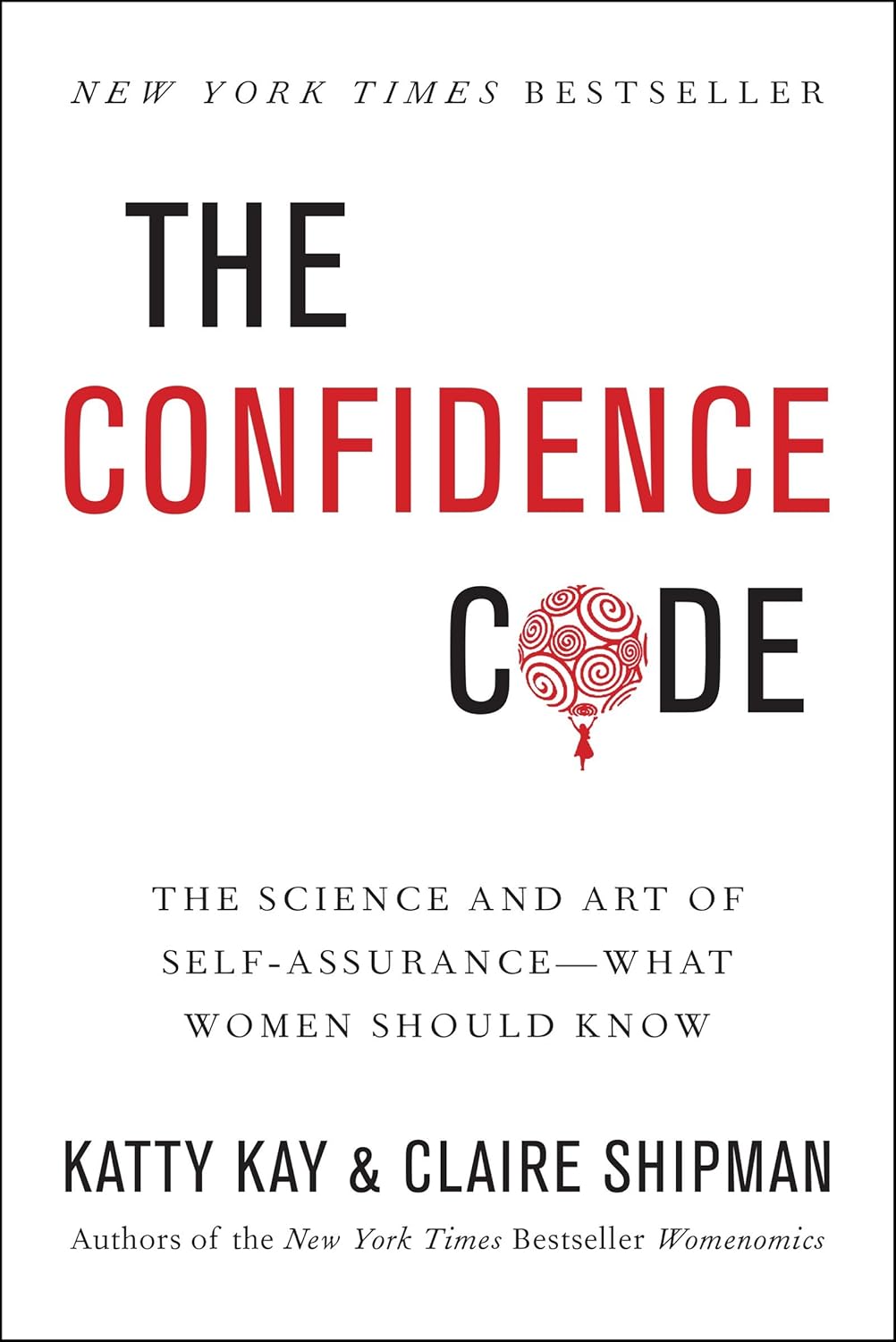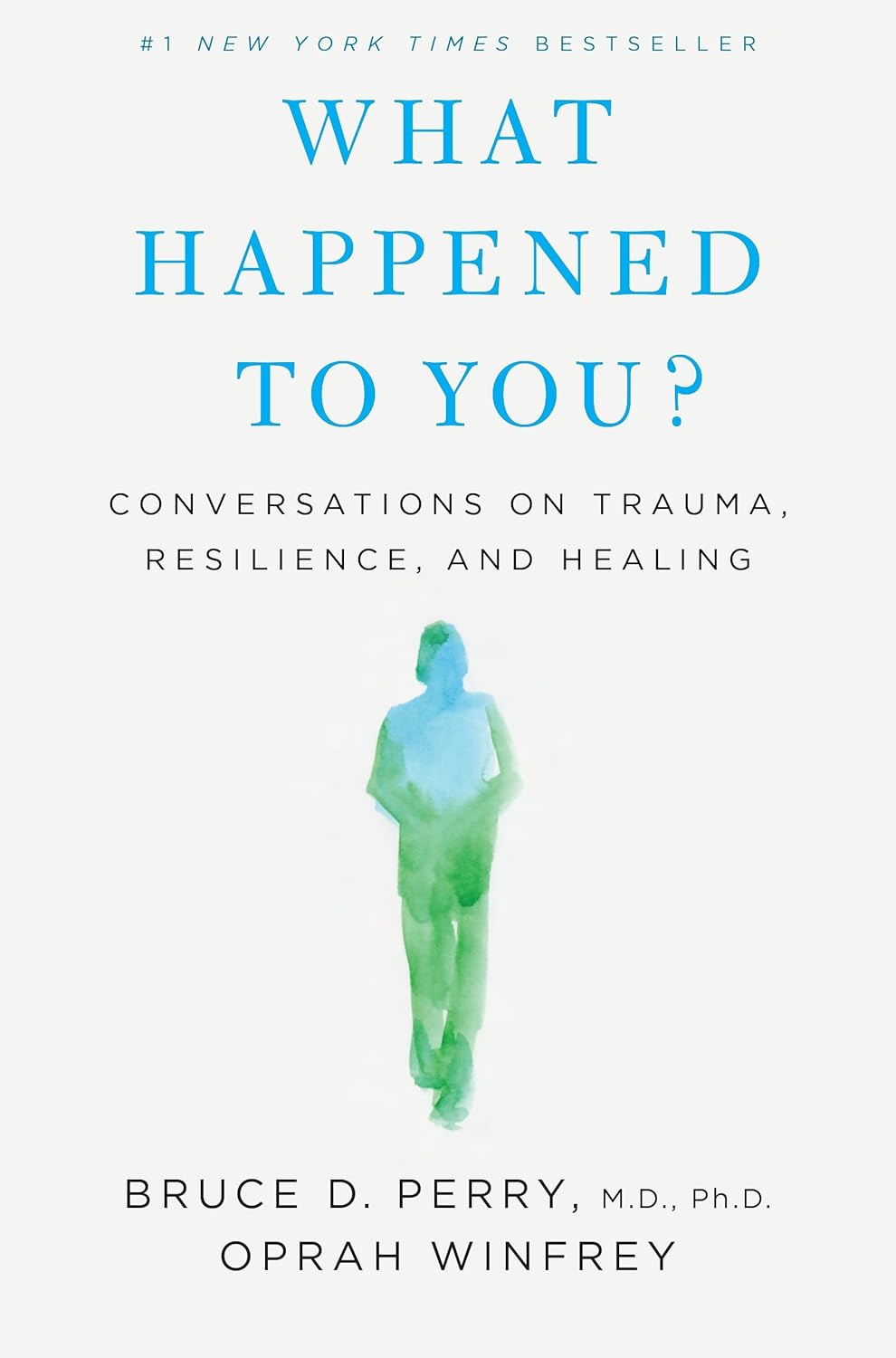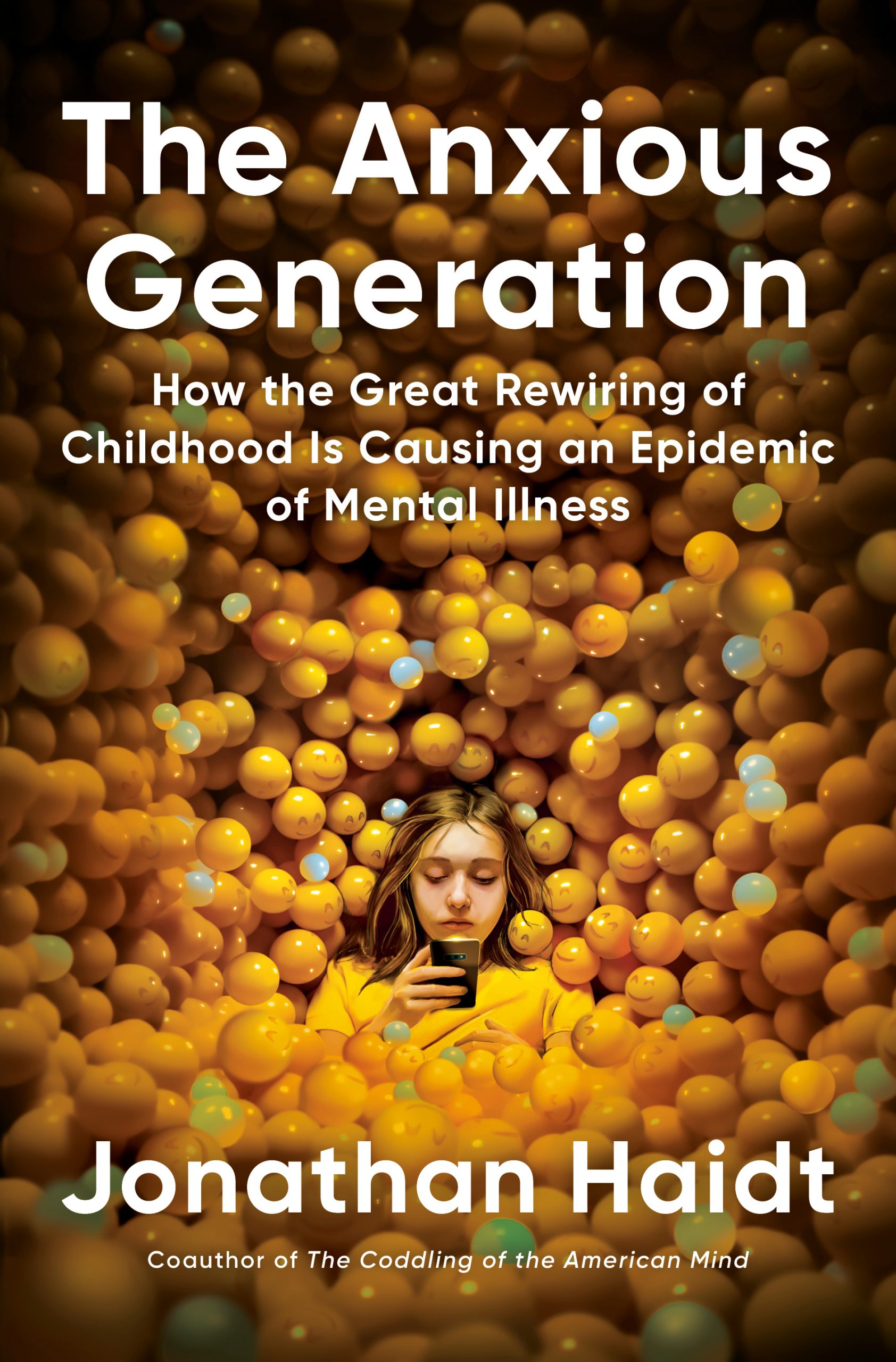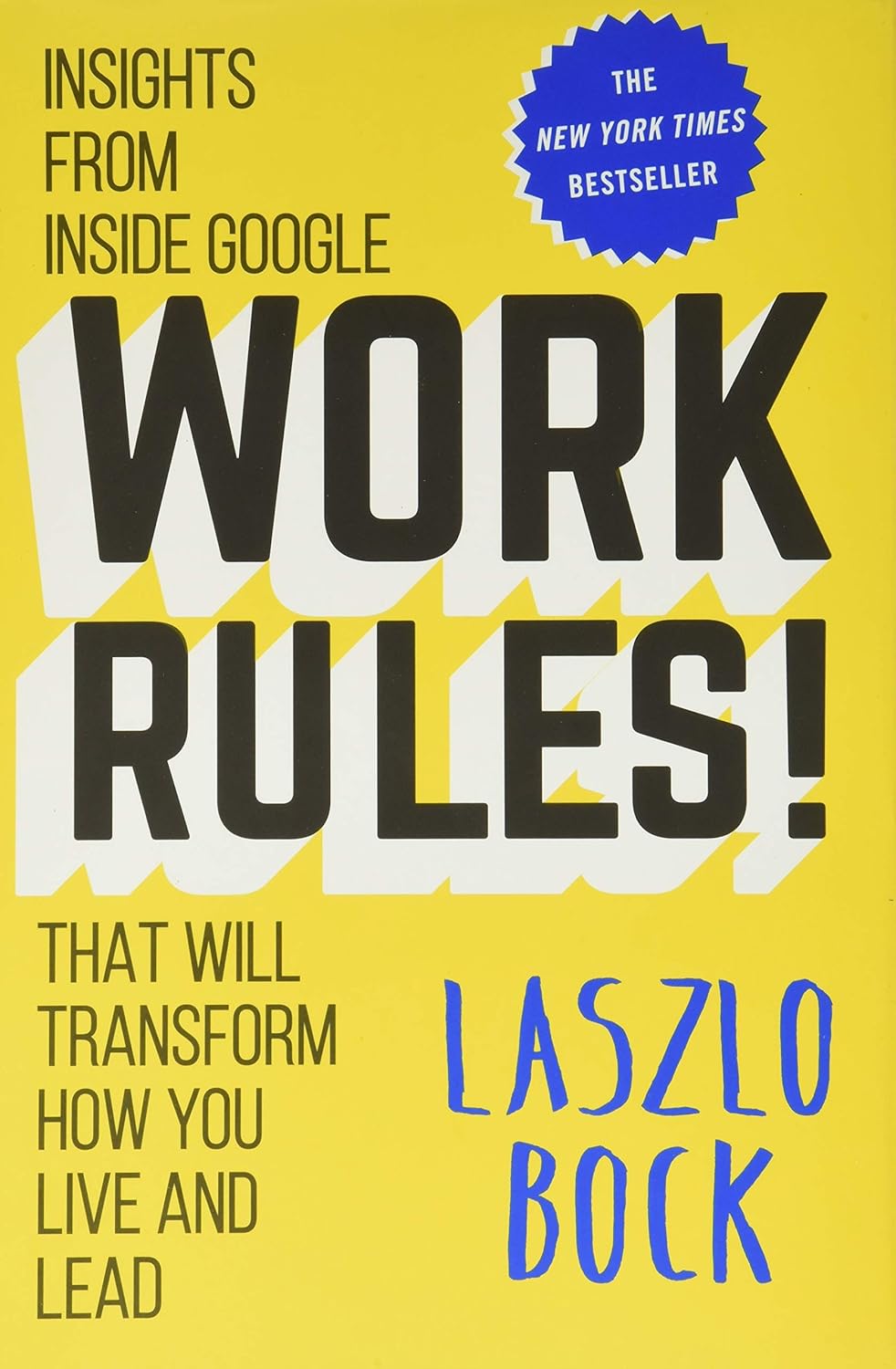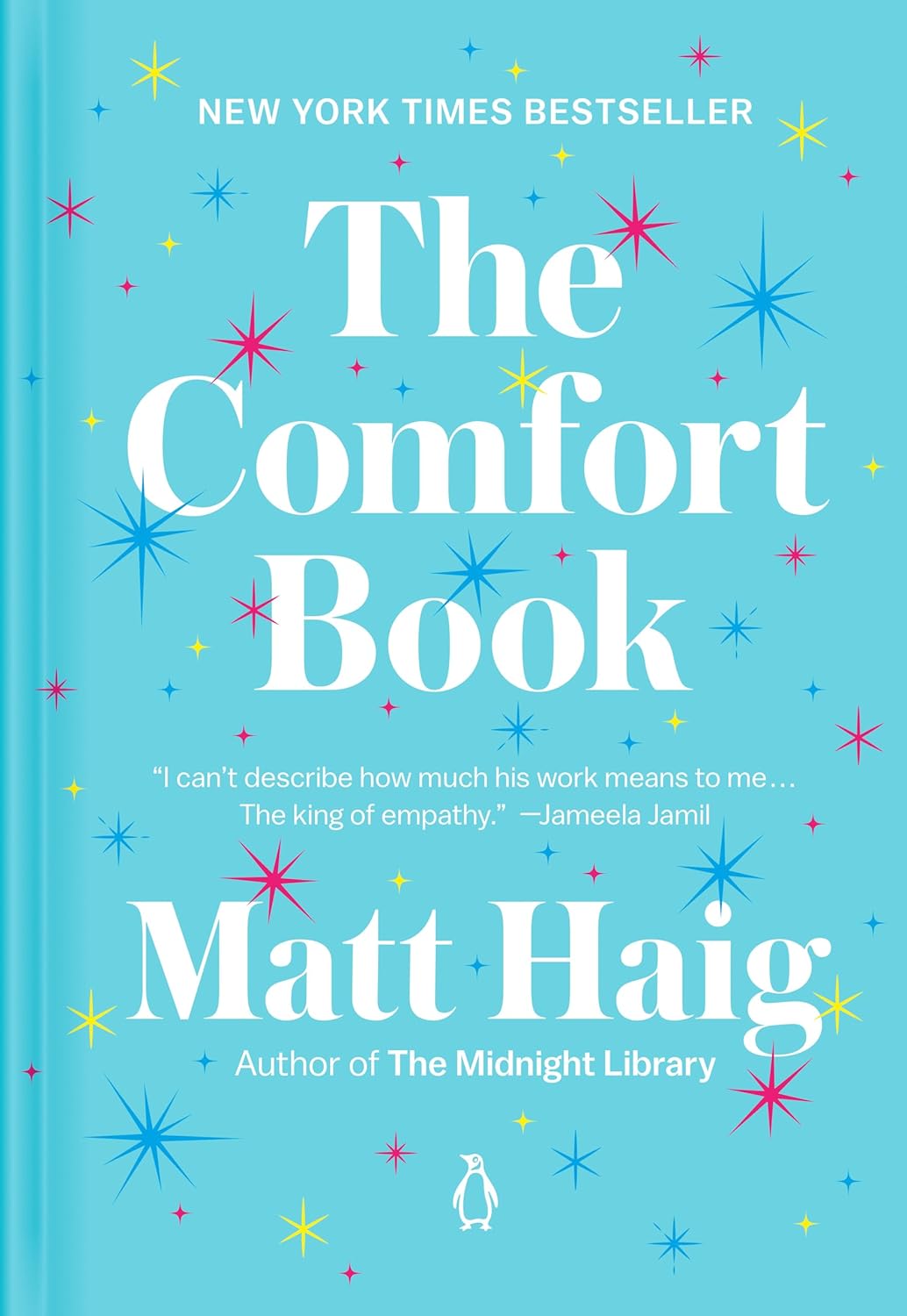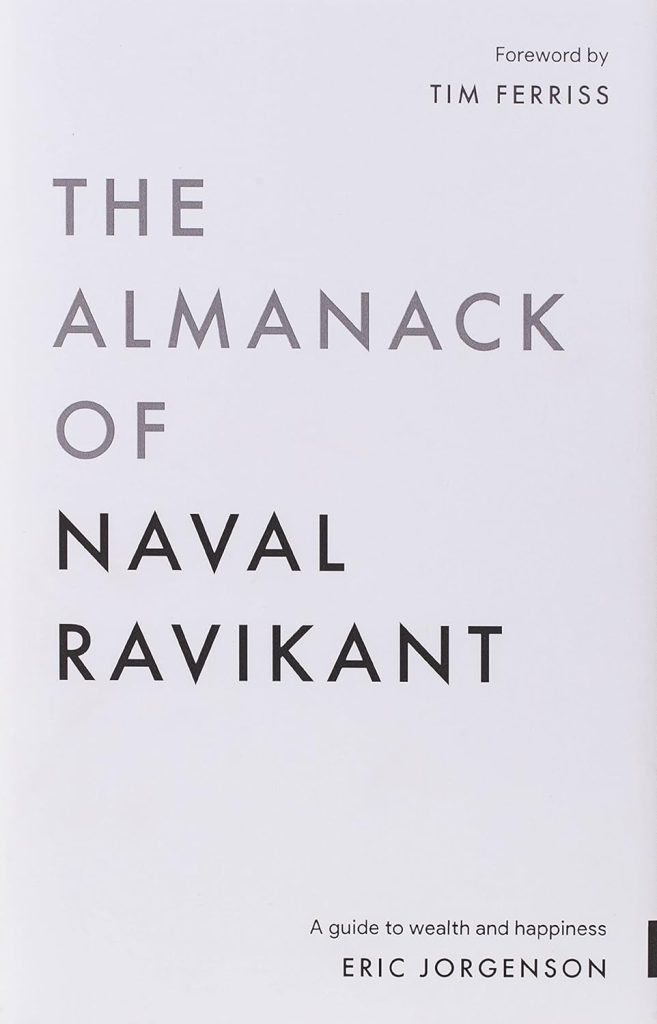
Buy The Book
The Almanack of Naval Ravikant: A Guide to Wealth and Happiness

About
“The Almanack of Naval Ravikant,” compiled by Eric Jorgenson, distills the wisdom of entrepreneur and investor Naval Ravikant on wealth and happiness. Naval, known for his insightful tweets and interviews, shares principles for building wealth by creating value, leveraging specific knowledge, and embracing accountability.
The book emphasizes the importance of judgment, clear thinking, and lifelong learning. It also explores happiness as a skill cultivated through presence, peace, and self-acceptance. Naval’s philosophy blends rationalism and Eastern thought, offering a unique guide to navigating modern life. This almanack provides a framework for achieving financial success and inner peace.

Spark
Learn
Review
Part I: Wealth
✦ Building Wealth
Building wealth is less about inherent talent and more about acquiring a skill set – a learnable proficiency. The misconception is that hard work alone guarantees riches, but it’s more nuanced than that. It hinges on understanding *what* actions yield results, *who* to collaborate with, and *when* to seize opportunities. If purpose is unclear, the immediate goal should be defining direction.
True wealth is in assets that generate income even when one isn’t actively working – factories, software code, or revenue streams operating constantly. Wealth isn’t synonymous with money; money simply facilitates the transfer of wealth. Instead, wealth represents accumulated societal credit, earned by delivering value to others. Focus should be on accumulating these productive assets.
Ethical wealth creation isn’t an oxymoron; despising wealth can actually impede its attainment. Ignoring the allure of status games is essential. These are scenarios where some individuals gain prominence by undermining the efforts of wealth creators. Financial freedom arises from owning equity in a business – a stake in its success – rather than selling one’s time for wages. Deliver to society what it desires but lacks the know-how to procure, and do it in a scalable way.
Cultivating long-term relationships with like-minded individuals is critical. The internet has broadened career horizons, offering more opportunities than ever. Iterative collaboration – playing games repeatedly – results in compound interest, seen in growing wealth, deepening relationships, and expanding knowledge. Choose business partners who are intelligent, driven, and, above all, possess integrity. Avoid associating with cynical and pessimistic individuals; their negative beliefs can become self-fulfilling.
Specific knowledge, accountability, and leverage are critical components for building wealth. Specific knowledge differs from trainable skills; it stems from genuine curiosity and resembles play. It often resides in technical or creative domains, is difficult to outsource or automate, and is best acquired through apprenticeships and real-world experience, rather than formal schooling.
Embracing accountability and accepting business risks under one’s own name is rewarded by society with greater responsibility, equity, and leverage. The power of leverage is crucial for amassing fortunes, and it manifests through capital, people, and products that can be replicated at zero marginal cost – like software code and media. Capital and labor require external permission, while code and media offer permissionless leverage.
Mastering both selling and building is a formidable combination. If software development isn’t a core competency, alternatives include creating books, blogs, videos, or podcasts. Leverage amplifies sound judgment, which is cultivated through experience but also accelerated by learning fundamental skills in microeconomics, game theory, psychology, ethics, mathematics, and computer science.
Reading trumps listening, and doing trumps watching. Maintaining an organized calendar and setting a high personal hourly rate are vital for productivity. Outsource tasks costing less than this rate, and concentrate on working strategically and efficiently, emphasizing *who* to work with and *what* to work on.
Aspire to be the best in the world at chosen pursuits, continually evolving and refining that pursuit. Get-rich-quick schemes are generally traps that enrich others at one’s own expense. Employing specific knowledge with leverage will, over time, generate deserved rewards. When wealth is finally attained, it might not align perfectly with the initial expectations.
“Productizing oneself” embodies the key components of wealth creation: uniqueness, leverage, accountability, and specific knowledge. However, it requires time, potentially a decade, to determine the unique value one can provide to the world.
Ultimately, technology democratizes consumption but consolidates production, enabling the best individuals in any field to serve everyone. Society compensates those who create valuable things that it doesn’t yet know how to create independently. Identify those societal needs that *you* can fulfill, within *your* capabilities, and find a way to scale the solution for widespread adoption.
✦ Building Judgment
Judgment, though difficult to define, is crucial for wealth creation. To maximize earnings, focusing on trends and deeply learning technology, design, and art is essential. It’s saving time to make money, not spending time to save money, that leads to riches. Hard work is overrated, while judgment remains underappreciated. It’s wisdom applied to external problems.
In this age of leverage, a single correct decision can be game-changing. Building wealth is about avoiding mistakes rather than having perfect judgment. Therefore, the direction taken matters more than speed, especially with leverage. Choosing the right direction for every decision surpasses the force applied.
Clear thinking is fundamental. Real knowledge is intrinsic, built from the ground up. The smartest thinkers can explain concepts simply. Instead of memorizing complicated ideas, understanding the basics thoroughly is more valuable. If you can’t rederive concepts from the basics, it’s just memorization.
To make effective decisions, facing reality is key. Preconceived notions cloud judgment. The smaller the ego, the less conditioned the reactions, the easier it is to see reality. Suffering arises when one can no longer deny reality, yet it’s a moment of truth. The more desire for a specific outcome, the less likely it is to see the truth. Publicly acknowledging potential failures, especially among colleagues, can help you avoid self-delusion. Empty space in the schedule allows for thinking. Great ideas emerge during boredom, not stress. Therefore, making time is necessary.
Shedding one’s identity is also crucial for clear thinking. Egos are constructed in formative years by environment, parents, and society. Unconditioning oneself and taking habits apart to evaluate their continued service is important. Not having too much pre-decided keeps one from being locked in and prevents seeing the truth.
The classical virtues are all decision-making heuristics optimizing for the long term. Self-serving conclusions should have a higher bar. Unconditioning previous responses allows making decisions cleanly, without relying on prepackaged judgments. Radical honesty, congruence between thought and speech, is vital. Being honest with oneself is paramount.
Decision-making is key; better decision-makers are disproportionately rewarded. Those who are right more often create more value. More accurate and rational decisions yield nonlinear returns.
Collecting mental models is helpful. The brain acts as a memory prediction machine during decision-making. Mental models are preferable to specific past circumstances. Evolution, game theory, and individuals like Charlie Munger offer valuable models. These serve as pointers to recall deep-seated principles.
Applying inversion involves eliminating what won’t work. I try to eliminate what’s not going to work.
The principal-agent problem, ensuring incentives align between owners and those acting on their behalf, is also important. A good understanding of supply-and-demand, labor-versus-capital, and game theory is crucial. I don’t think you can be successful in business or even navigate most of our modern capitalist society without an extremely good understanding of supply-and-demand, labor-versus-capital, game theory, and those kinds of things
If you can’t decide, the answer is no. Iif a difficult choice arises, but the answer isn’t clear, it is a no. A path more painful in the short term will equal more gain in the long term
Reading is essential for learning. Cultivating a genuine love for reading is powerful. Reading what one loves until one loves to read is key.
Part II: Happiness
✦ Learning Happiness
Okay, using the provided text from “The Almanack of Naval Ravikant,” here’s a summary of Part II: Happiness, specifically the “Learning Happiness” section, adhering to your specifications:
Happiness isn’t a natural state; it’s a learned one. Like building a muscle, it requires practice and isn’t guaranteed. Thinking it’s inherent sets wrong expectations. It’s more accurate to see it as a skill to develop. The modern world, designed for comfort and ease, can paradoxically make people unhappier. Perhaps discomfort is a prerequisite.
Society equates happiness with external success. The belief that achievement brings fulfillment is deeply ingrained. However, happiness isn’t an equation where reaching a certain point automatically triggers joy. If external markers become essential for happiness, one becomes dependent on them, making contentment elusive. True happiness is self-generated and doesn’t rely on external validation.
It’s a choice, like deciding to be optimistic or pessimistic. While genetics influence the baseline mood, individuals possess considerable power to choose their reactions and perspectives. This doesn’t mean suppressing negative emotions, but rather consciously directing attention and effort towards positive mental states. Even in challenging circumstances, choosing a positive frame of mind is possible.
Presence is indispensable. The mind tends to dwell on the past or anticipate the future, causing anxiety and dissatisfaction. True happiness arises when fully engaged in the present moment, free from mental distractions. Meditation, mindfulness, and savoring experiences are practices that cultivate presence. Engaging in tasks that demand focus and attention can also induce a state of flow, fostering happiness.
Inner peace is foundational. A mind riddled with internal conflict, anxieties, and negative self-talk struggles to experience happiness. Cultivating peace involves accepting oneself, practicing forgiveness, and letting go of resentments. Reducing desires, practicing gratitude, and managing expectations contribute to greater inner tranquility.
Desire is the root of much unhappiness. Every desire is a self-imposed source of potential suffering. When one desires something, one is choosing to be unhappy until that desire is fulfilled. The more desires one accumulates, the more potential unhappiness one invites into life. Paradoxically, detachment from desires can lead to greater contentment. This doesn’t mean abandoning all goals, but rather approaching them with less attachment and more acceptance of the outcome.
Success doesn’t automatically equal happiness. Many successful individuals are deeply unhappy because they made the mistake of thinking success would bring automatic contentment. Success solves external problems but doesn’t address internal ones. If one’s internal state is chaotic, success can even amplify unhappiness by magnifying existing insecurities and fears.
Envy is a major obstacle. Constantly comparing oneself to others breeds dissatisfaction and undermines happiness. In the age of social media, envy is amplified as people are bombarded with curated images of others’ seemingly perfect lives. Cultivating gratitude for one’s own blessings and focusing on personal progress are antidotes to envy.
Habits construct a happy life. Like any skill, happiness is built through consistent practice. Developing positive habits, such as gratitude journaling, mindfulness meditation, regular exercise, and acts of kindness, gradually rewire the brain for greater contentment. These small, consistent actions compound over time, creating a foundation for lasting happiness.
Acceptance is key. Resisting reality creates suffering. Accepting what is, without judgment or resistance, fosters inner peace. This doesn’t mean passively resigning oneself to negative circumstances, but rather acknowledging reality as a starting point for positive change. Accepting oneself, flaws and all, is also essential for happiness.
Happiness is about improving the signal-to-noise ratio in the mind. One must increase the signal (gratitude, love, peace) and reduce the noise (fear, anxiety, negativity). Cultivating awareness of one’s thoughts and emotions is the first step in managing this ratio. Through conscious effort and consistent practice, one can learn to create a happier and more fulfilling inner world.
✦ Saving Yourself
True liberation originates within. Rather than attempting to reshape the world, the focus should be on transforming oneself. Pursuing happiness is primarily about saving oneself; it’s an inside job.
Choosing to be oneself is paramount. Society often encourages conformity, but genuine contentment lies in embracing one’s unique identity. Discovering oneself requires shedding external expectations and societal conditioning. This isn’t about rebellious defiance, but about aligning one’s actions with core values, regardless of external validation. To escape the competition trap, one needs to escape identity.
Self-care is not selfish, but essential. One’s most crucial project is oneself. Neglecting physical, mental, and emotional well-being undermines all other endeavors. Prioritizing sleep, healthy nutrition, regular exercise, and mindfulness are crucial investments for sustained happiness and productivity, not optional luxuries.
Meditation, often misunderstood, is not about achieving a blank mind. It’s about observing thoughts without judgment, recognizing them as transient mental events rather than absolute truths. Mental strength stems from witnessing one’s inner dialogue, understanding that thoughts aren’t inherently commanding. This creates space for conscious choices rather than reactive responses.
Building oneself is a continuous, lifelong endeavor. Acquiring knowledge, developing skills, and cultivating positive habits enhance self-reliance and empower navigation through life’s complexities. This involves active engagement, continuous learning, and adaptation. While comfort zones are appealing, growth lies outside of them.
Expanding oneself entails pushing beyond self-imposed limitations. Seeking experiences that stretch capabilities, challenge assumptions, and broaden perspectives becomes essential. Travel, engaging with diverse cultures, and immersion in unfamiliar environments expand understanding of both the world and oneself. This is a journey of continuous discovery. The way to get out of the competition trap is to be authentic, to find the thing you know how to do better than anybody.
Freeing oneself involves detaching from outcomes. The desire for things can lead to suffering when desires become compulsions. Inner peace is found through accepting what is and releasing the need to control everything. This doesn’t require abandoning goals, but approaching them with flexibility and a willingness to adapt to unforeseen circumstances. To the extent money buys freedom, it’s great. But to the extent it makes less free, which it definitely does at some level as well, it’s not liked.
This freedom also involves escaping traps created by societal programming, such as constant striving for status, material possessions, and external validation. Recognizing these as artificial constructs enables one to choose a different path, defined by inner contentment rather than external measures of success. All the ways to escape the competition trap require escaping identity.
Ultimately, saving oneself means cultivating an inner sanctuary. The external world is inherently chaotic and unpredictable, but by prioritizing self-awareness, self-care, and self-development, one can create an internal foundation of resilience and peace. This inner sanctuary becomes the source of lasting happiness, regardless of external circumstances. If you really want to operate in the present, then you have to start by taking responsibility for what you pay attention to. That means turning off notifications, it means putting phone away, it means deliberately picking the people around.
This is a process of continual refinement that requires patience, persistence, and willingness to challenge ingrained beliefs. The rewards – a life characterized by authenticity, fulfillment, and inner peace – are well worth the effort. It is a path of freedom, purpose and genuine happiness, focusing less on fixing the world and more on cultivating inner strength.
If you don’t deliberately and consciously choose the inputs into brain, then you are going to be programmed and manipulated like a lab rat, and you won’t even know it. You’re going to be living in someone else’s version of reality. Attention is precious and should be guarded carefully. One should give up all my possessions, except for ability to program own mind.
To be someone who is happy, one must first see what’s real and not what you wish was real.
✦ Philosophy
The meanings of life are intensely personal, a journey undertaken alone. No external entity can dictate purpose; it is something to discover and define individually. Seeking meaning from external sources leads to dependency and ultimately, dissatisfaction. The true quest lies inward, in exploring values and passions.
Values, not goals, should guide living. Goals are fleeting, offering only temporary satisfaction. Values, conversely, provide a consistent compass, directing daily actions and shaping long-term direction. Living by chosen values ensures alignment between actions and beliefs, fostering authenticity and inner peace. The best definition of success is living by your values.
Rational Buddhism is a framework for integrating logic and mindfulness. Suffering stems from the disconnect between desires and reality. By accepting the impermanent nature of all things, and by practicing non-attachment to outcomes, suffering is reduced. Rationality provides the tools for analyzing desires, while Buddhism provides the perspective for understanding their limitations.
Buddhism says suffering is driven by desire. Is there anything you can do, as a rationalist, to reduce desire or at least make it optional?
Buddhism says all suffering comes from desire, but not all desire is bad. Desire is a contract with yourself to be unhappy until you get what you want. But you can also desire to be compassionate, healthy, and knowledgeable.
Being a rationalist, one can become aware of personal desires, understand the impact, and choose them carefully. Desires should be consciously selected rather than passively adopted. Questioning the source and purpose of each desire is fundamental to reducing unnecessary suffering. Buddhism is really big on saying, “Hey, you are special.”
Irrational beliefs drive unhappiness. Modern society is filled with them, often perpetuated by media and marketing. These beliefs, such as the idea that happiness comes from external validation, create unrealistic expectations and set one up for disappointment. Cultivating awareness of these beliefs, and consciously challenging their validity, is essential for rational happiness. All the ways to escape the competition trap require escaping identity.
Rationality helps to identify those beliefs that are leading to bad behavior, then it’s about making them optional. The Buddhists would probably prescribe meditation. That is what I use too.
Meditation, a tool for mental clarity, strengthens the ability to observe thoughts and emotions without judgment. Consistent practice reduces the power of impulsive reactions and creates space for conscious choices. Meditation fosters a sense of detachment from the constant stream of thoughts, enabling a more objective perspective.
So rationality and Buddhism, in an odd way, are highly compatible. They go well together. Each one strengthens the other.
The present is all we have. The past is memory, the future is imagination; both exist only in the present moment. Dwelling on past regrets or future anxieties steals energy from the present. Focusing on the here and now, savoring experiences, and engaging fully with surroundings are keys to finding contentment.
When I talk about the present, it can sound very abstract, “The present is all we have. You have to meditate.”
To make that more concrete, I think your focus, your attention, are everything. Whatever you give your attention to, will define your reality. If you are constantly giving your attention to what other people think about you, then that will define your reality. If you’re constantly giving your attention to new things you want to buy, then that will define your reality.
If you really want to operate in the present, then you have to start by taking responsibility for what you pay attention to. That means turning off notifications, it means putting your phone away, it means deliberately picking the people you are around. If you don’t deliberately and consciously choose the inputs into your brain, then you are going to be programmed and manipulated like a lab rat, and you won’t even know it. You’re going to be living in someone else’s version of reality.
Attention is precious. Guard it carefully.
The mind is wired to predict the future, but its predictions are often inaccurate, leading to anxiety. By focusing on what can be controlled in the present, anxiety diminishes. Engaging in activities that demand focus and attention, like creative pursuits or challenging work, naturally pulls one into the present moment.
Finally, the philosophy encapsulates a commitment to continuous self-improvement and mindful living. By understanding the nature of desire, cultivating rationality, and embracing the present, it is possible to create a life of purpose, authenticity, and lasting happiness. It is a journey of self-discovery, requiring courage, honesty, and a willingness to challenge ingrained beliefs. However, the rewards—inner peace and true freedom—are immeasurable.
I would give up all my possessions, except for my ability to program my own mind.
One thing I tell people is, “Just become a scientist of your own mind.”
The more you know, the more you realize you don’t know. Be aware of your ignorance.
This is how to be happy:
See what’s real, not what you wish was real.
For People
– Aspiring Entrepreneurs
– Investors
– Knowledge Seekers
– Individuals Seeking Financial Freedom
– Those Interested in Personal Growth
Learn to
– Wealth Creation Principles
– Happiness Strategies
– Improved Decision-Making
– Clarity of Thought
– Philosophical Insights





